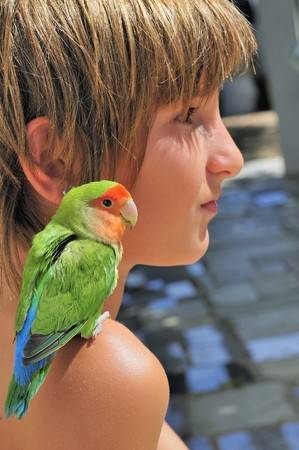Contionary:tá: Difference between revisions
Jump to navigation
Jump to search
Ceolsige18 (talk | contribs) Created page with "==Anrish== ===Alternative forms=== *{{cd|tà}}, {{cd|tan-}} ===Etymology=== From Middle Anrish ''{{cd|tan}}'', from Old Anrish ''{{cd|tán}}'', ''{{cd|tón}}'', from [https://..." |
Ceolsige18 (talk | contribs) mNo edit summary |
||
| Line 37: | Line 37: | ||
#: ''᛬ᛄᚮ‧ᛘᛆᛁ'''‧ᛏᚭ‧'''ᚼᛁᛖ‧ᚢ‧ᛆ‧ᛘᛁᚱ᛬'' | #: ''᛬ᛄᚮ‧ᛘᛆᛁ'''‧ᛏᚭ‧'''ᚼᛁᛖ‧ᚢ‧ᛆ‧ᛘᛁᚱ᛬'' | ||
#:: ''I am happy '''when''' you are with me.'' | #:: ''I am happy '''when''' you are with me.'' | ||
[[Category:Contionary]] [[Category:Anrish prepositions]] [[Category:Anrish words]] | |||
Revision as of 17:09, 26 August 2018
Anrish
Alternative forms
Etymology
From Middle Anrish tan, from Old Anrish tán, tón, from Proto-Germanic *tō and *ana
Pronunciation
(Anrish) IPA: /ta/
Preposition
tá (runic:‧ᛏᚭ‧)

- (+ common)
- onto (allative)
- Surtuð íra lúa tá tafura.
- ᛬ᛞᚢᚱᛏᚢᚴ‧ᛁᚱᚭ‧ᛚᚢᚭ‧ᛏᚭ‧ᛏᚭᚠᚢᚱᚭ᛬
- Your cat jumped on the table.
- (+ dative)
- on, upon
- Is tenur tá gǫtene.
- ᛬ᛁᛞ‧ᛏᛖᚾᚢᚱ‧ᛏᚭ‧ᚷᛆᚭᛏᛖᚾᛖ᛬
- There is a crowd in the street.
- (of time) upon, in the event of (cf.+ subjunctive)
- Tan-inture.
- ᛬ᛏᚭᛌᛁᚾᛏᚢᚱᛖ᛬
- In case of a flood
- (used in certain fixed expressions)
- Is bitúa tan-eftene.
- ᛬ᛁᛞ‧ᛒᛁᛏᚢᚭ‧ᛏᚭᛌᛖᚠᛏᛖᚾᛖ᛬
- It is the middle of the night
- (+ genitive)
- on, with (a resource)
- Fryøtið fóra tá lúetað
- ᛬ᚠᚱᛦᚢᛏᛁᚴ‧ᚠᚱᚮᚱᚭ‧ᛏᚭ‧ᛚᚢᛖᛏᚭᚴ᛬
- The car is running on electricity.
- (+ subjunctive)
- when, at the time of
- Pó mea tá híe ú æ mír.
- ᛬ᛄᚮ‧ᛘᛆᛁ‧ᛏᚭ‧ᚼᛁᛖ‧ᚢ‧ᛆ‧ᛘᛁᚱ᛬
- I am happy when you are with me.